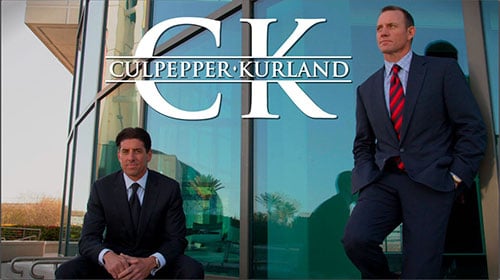Accidents involving pedestrians can occur anywhere, including on interstate highways. As is always true, pedestrians are required to exercise due care on the roadways but it is also incumbent upon drivers to exercise due care as well for the safety of others on the roadways. In Florida, victims injured in any type of accident can recover damages to the full extent of the harm they have suffered, which will only offset by their own liability, if any, to the extent they are liable.
When a negligent driver fails to meet the standard of care expected of drivers on the roadways and causes harm as a result, they may be liable to victims and their families, in some situations, for the harm that results. Additional parties may also be liable in circumstances when a pedestrian has been harmed on a highway. While highways may not have specific crosswalks like other roadways pedestrians may be injured on, pedestrians are still protected from harm and may be able to pursue a claim for damages in either instance if injured in a pedestrian accident.
Greater than 10 percent of pedestrian accidents occur on highways and can take place in a number of different circumstances. Pedestrian accidents can take place when crossing or entering a highway, while walking, standing or otherwise utilizing the shoulder, while pushing, working on or otherwise attending to their vehicles or while attending to others involved in a previous accident, as well as in other circumstances. Especially in the latter two circumstances, driver inattention, fatigue and drunkenness can contribute to pedestrian accidents.
Pedestrian accidents can result in trauma and injuries to victims and physical, financial and emotional damages. The legal process provides complete and thorough protections for victims of pedestrian accidents to recover compensation for damages from a careless driver.
Source: Injury.findlaw.com, “Pedestrian Accidents on Interstate Highways,” Accessed May 2, 2017


